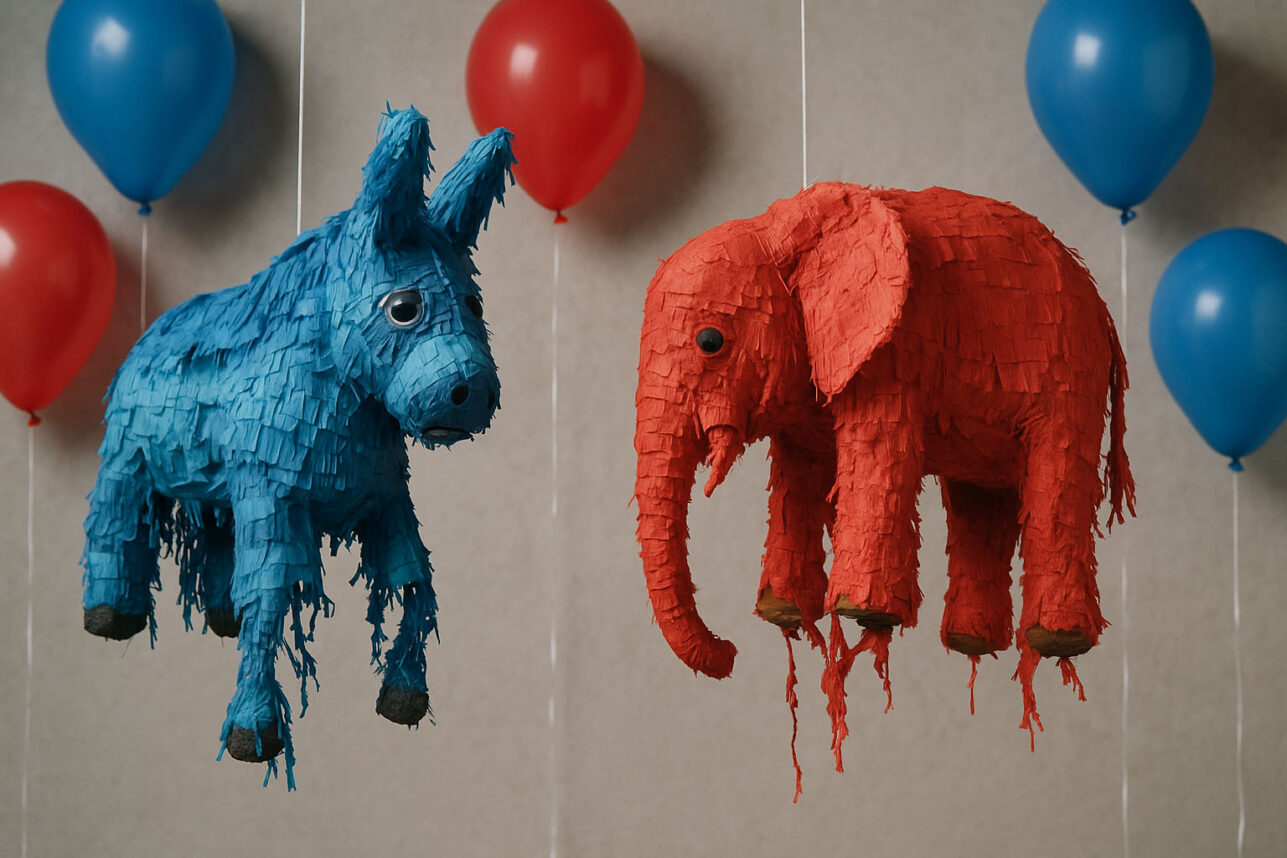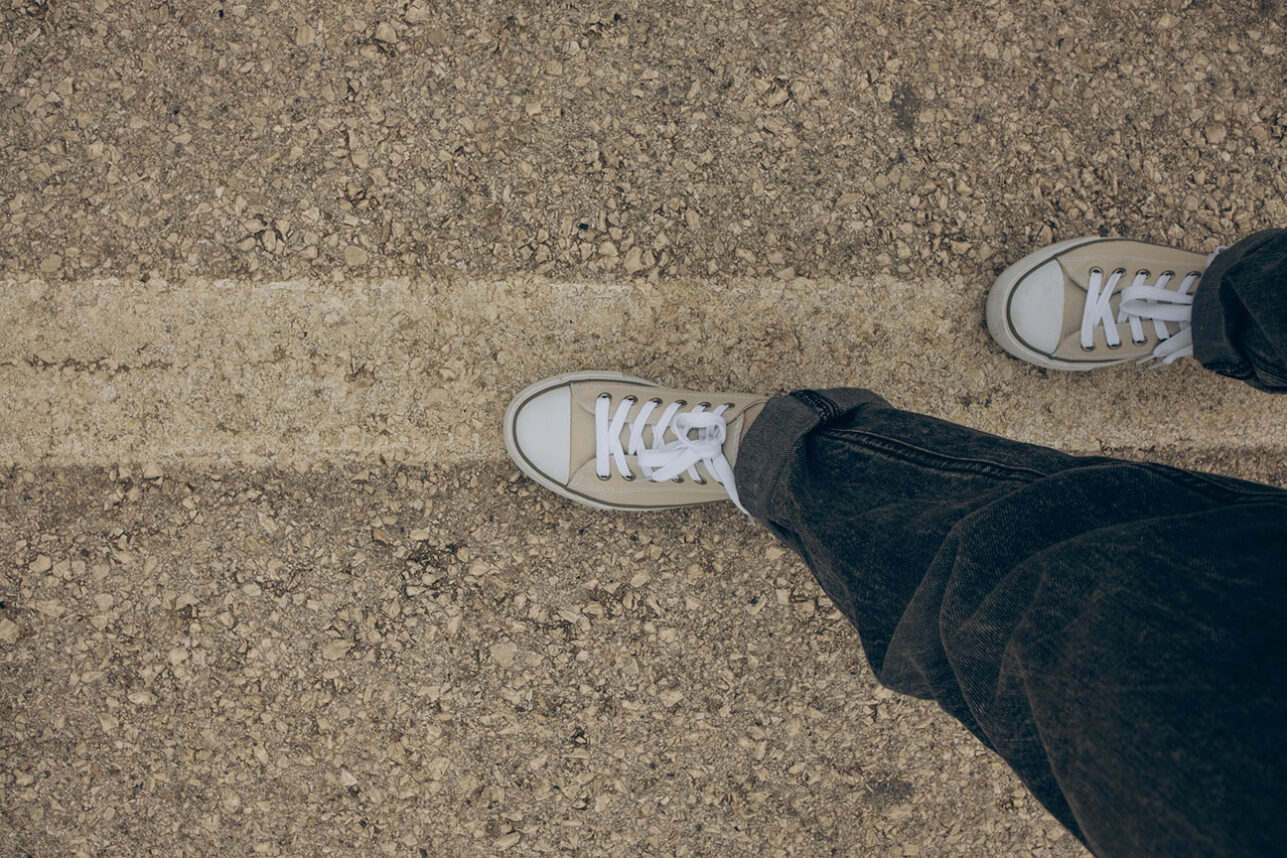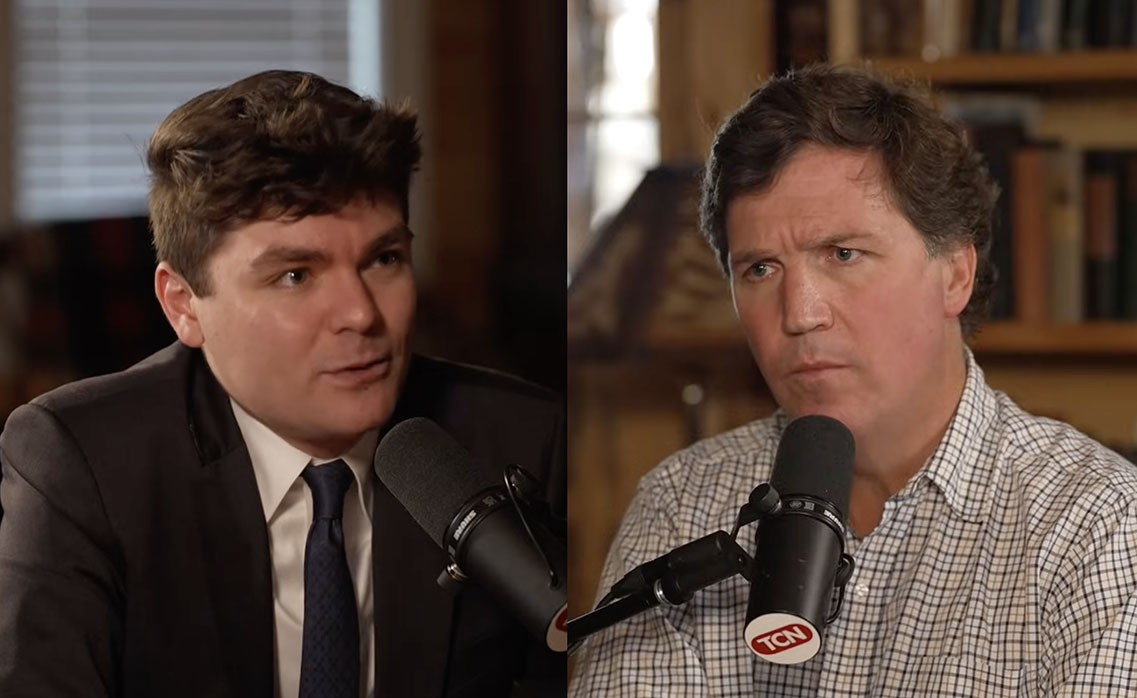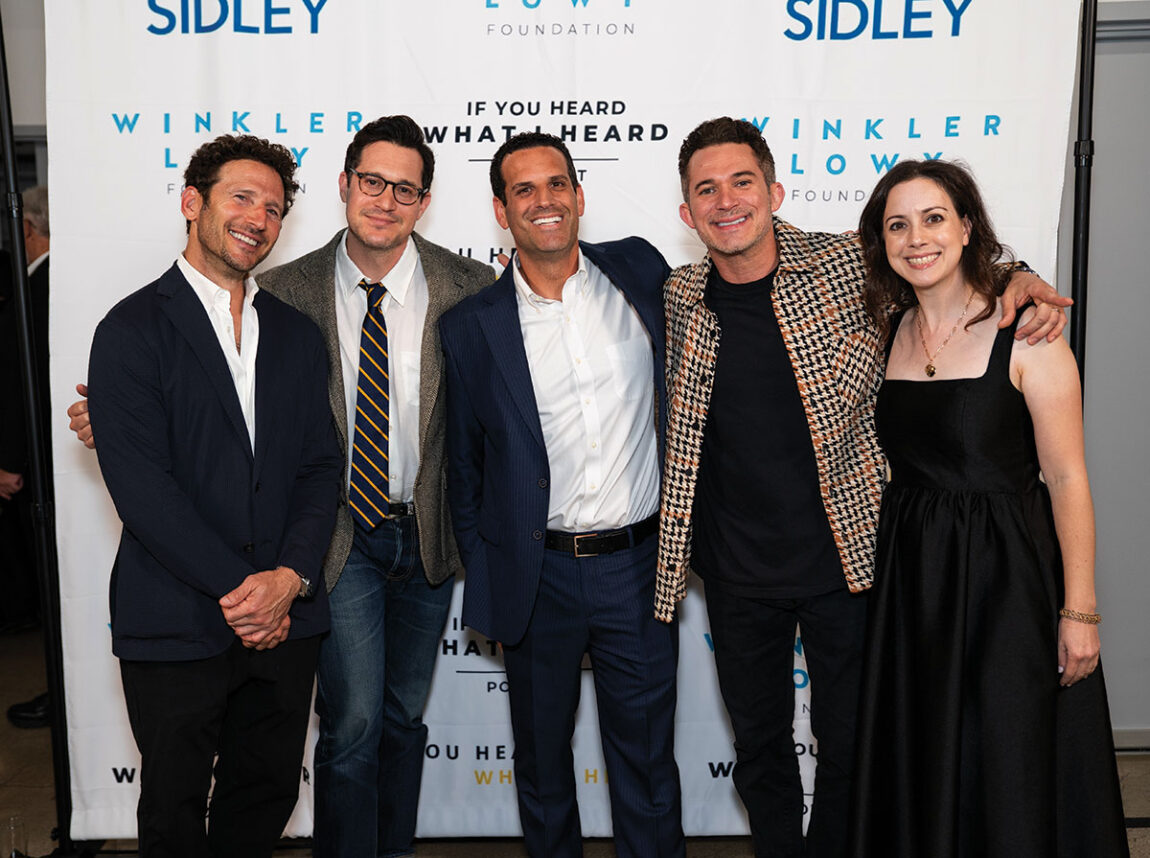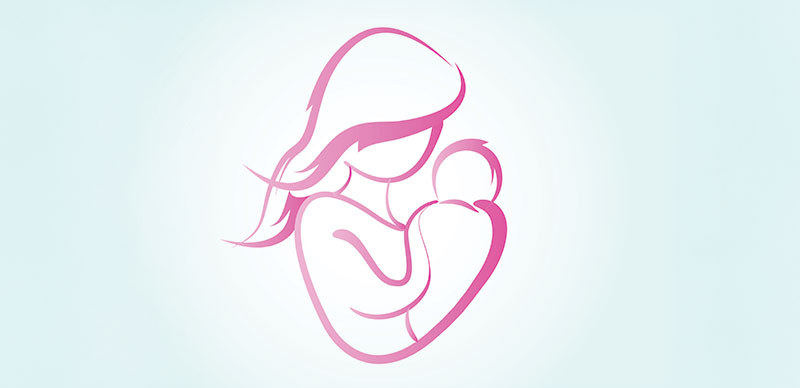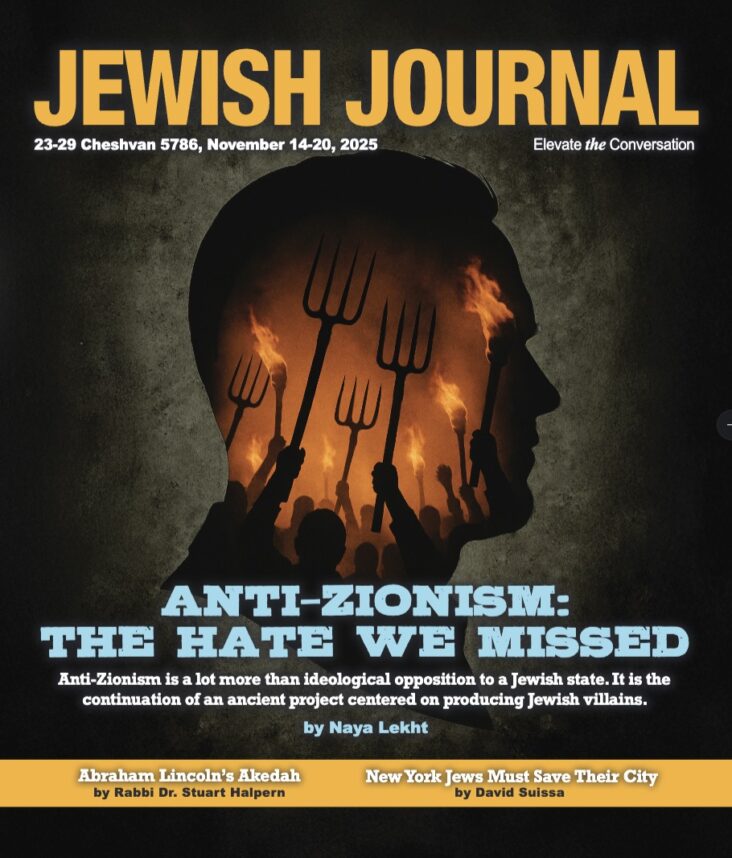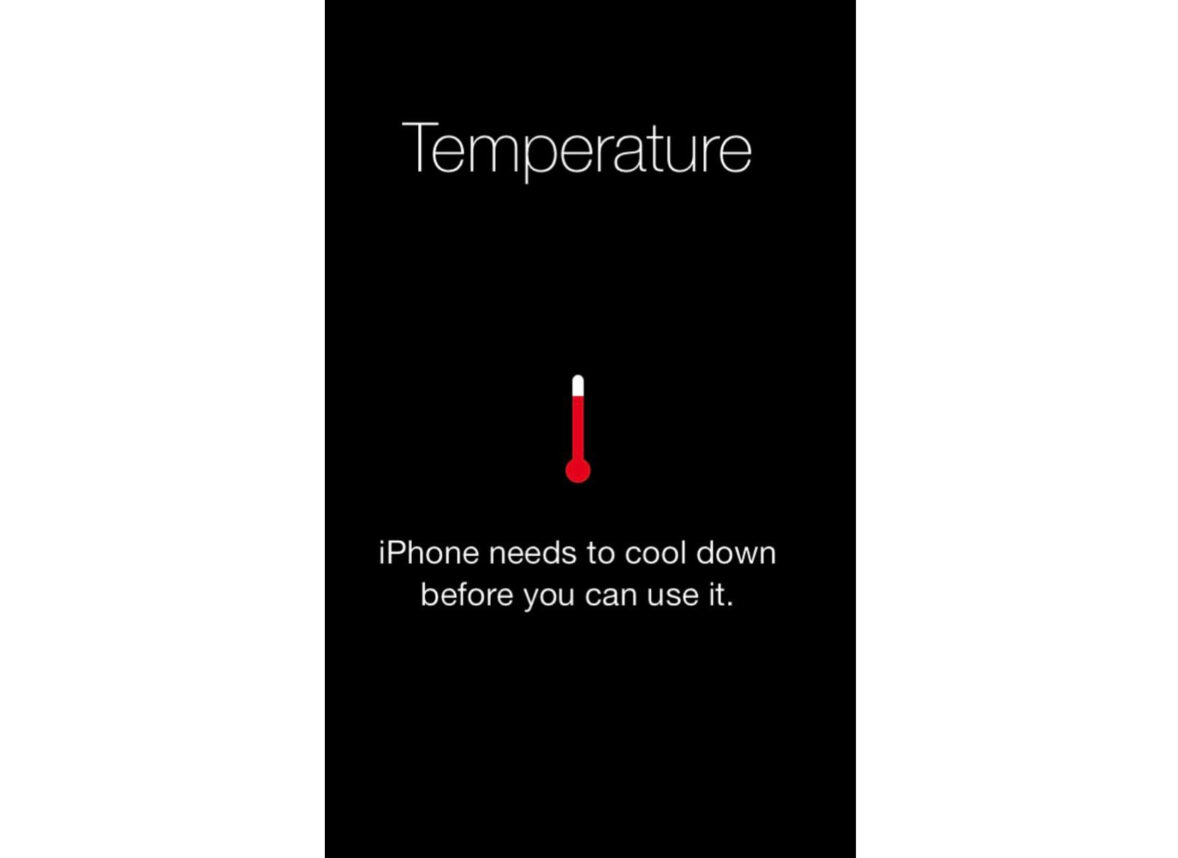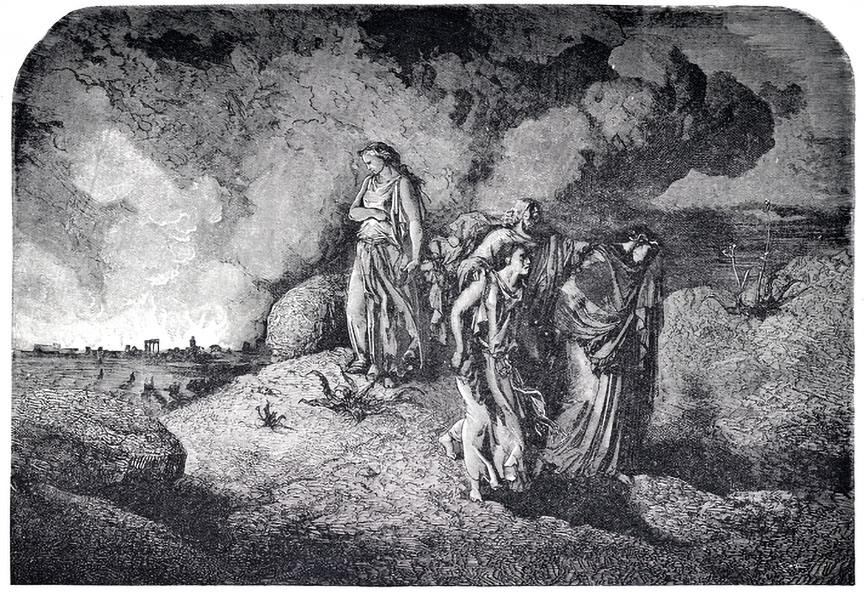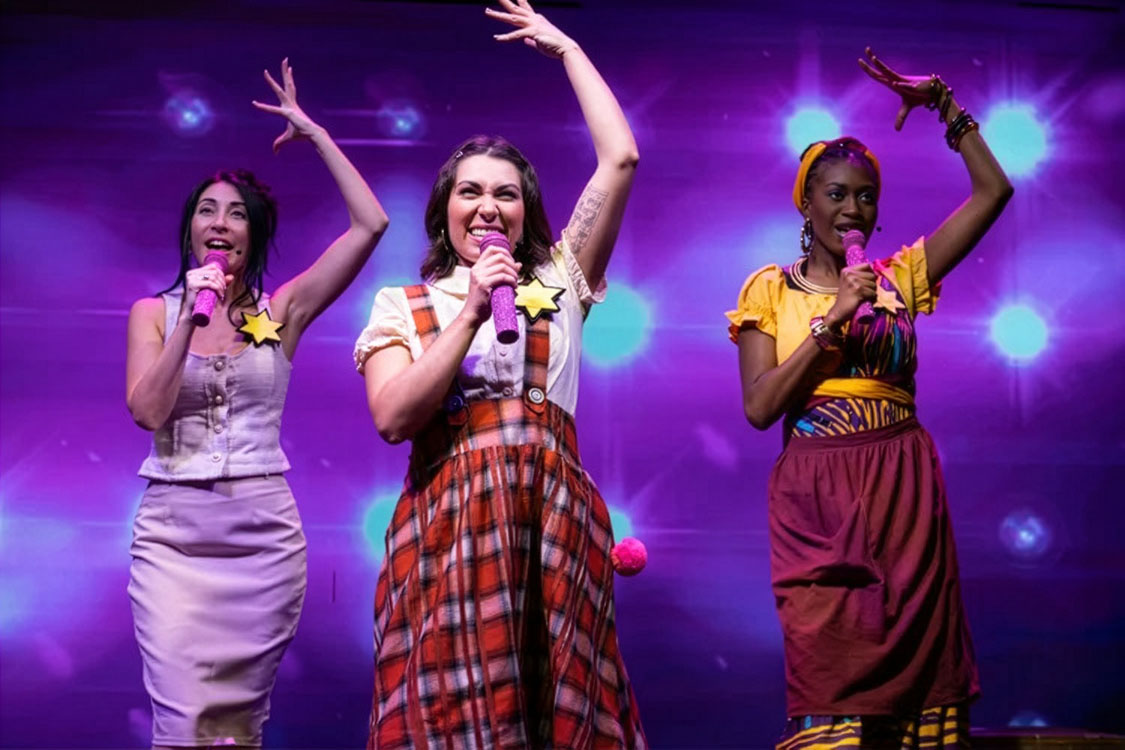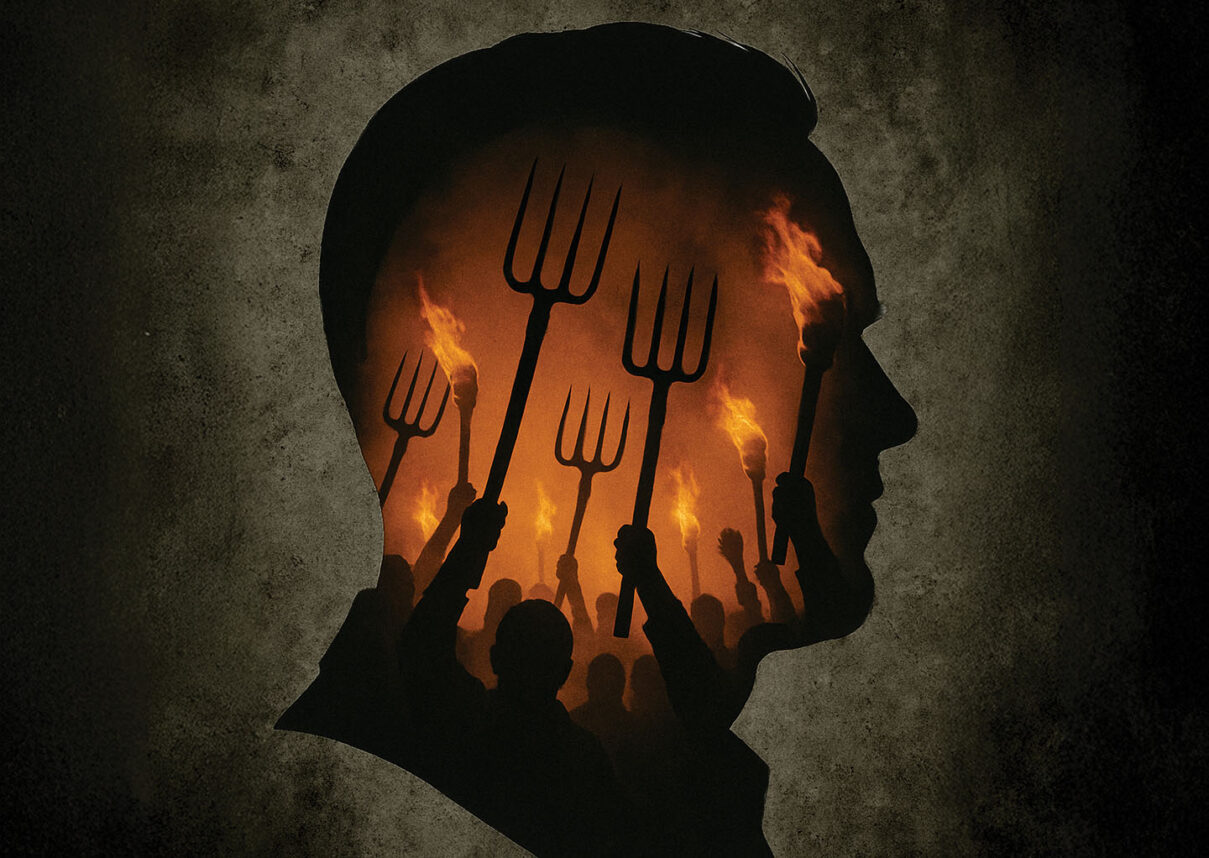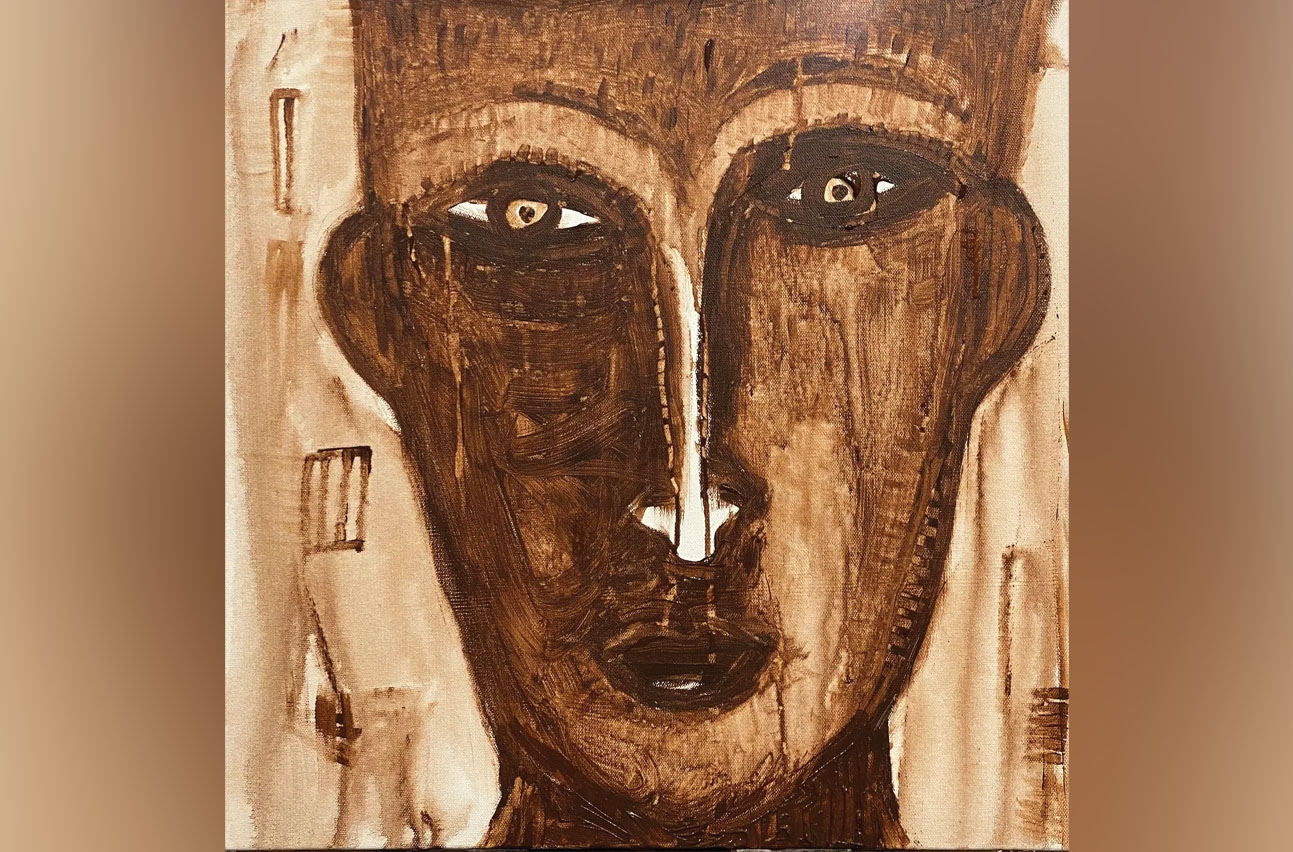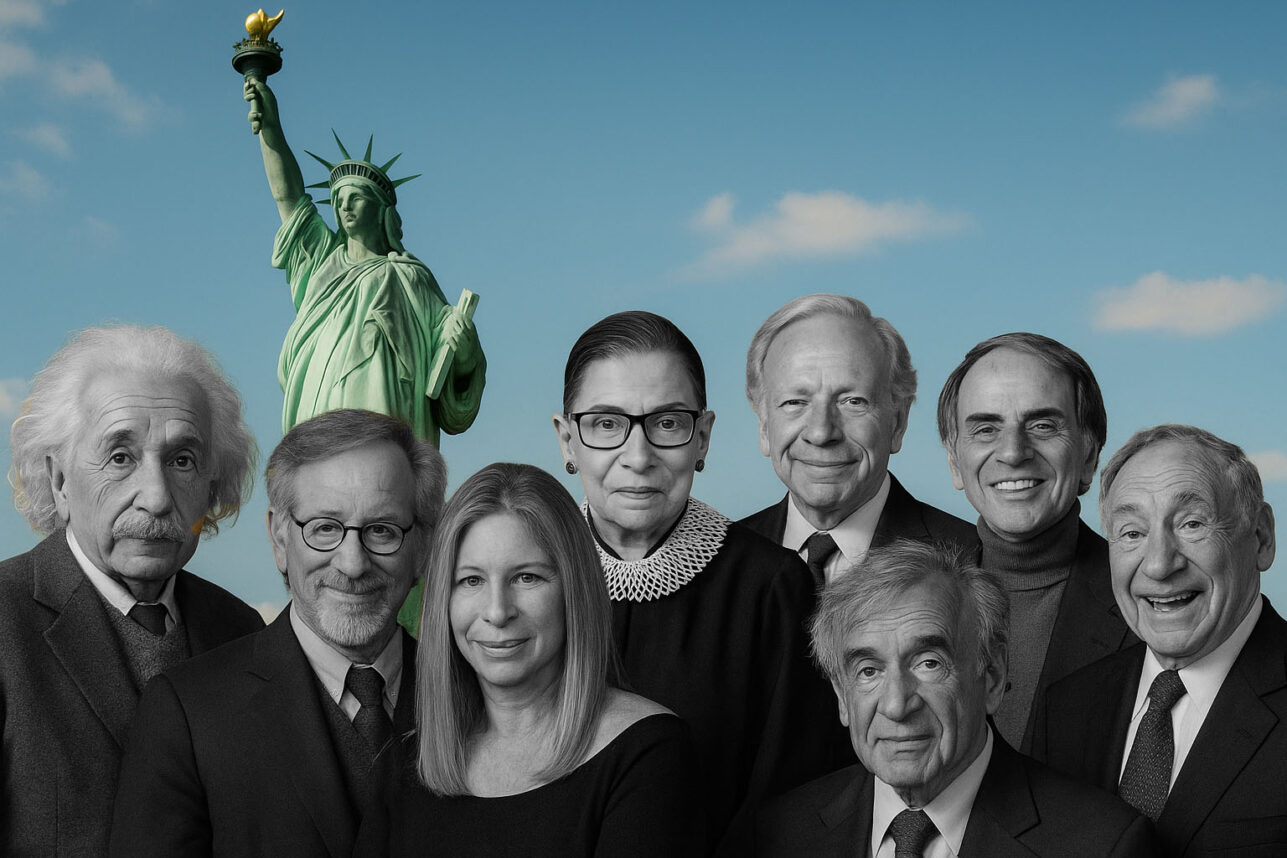
Former Pink Floyd bassist and frontman Roger Waters posted a video to social media claiming that the University of Pennsylvania (UPenn) banned him from speaking on campus at the Palestine Writes Literature Festival and that he would have to speak at the festival virtually as a result. However, the university is claiming that they were under the impression from the beginning that Waters would be speaking virtually and that Waters speaking in-person was a last-minute request.
In a video posted from the back of a vehicle on Saturday, Waters said that he was on his way to the Irving Arena on UPenn’s campus, where he was supposed to speak on a panel at the festival later that day. But Waters claimed he was told that he couldn’t attend the arena because the university had arranged for him to speak via Zoom. “And the fact that I have come all the way here to be present because I care deeply about the issues that are being discussed apparently cuts no ice with the campus police or whoever it is,” Waters said. “So I’m not going to be allowed in.” Instead, Waters was going to drop by the campus “for a quick look around” before heading back to the airport to speak to the festival through Zoom.
The former Pink Floyd frontman then turned his attention to a copy of The Daily Pennsylvanian (DP) that he was holding, saying that one of the DP’s articles is about “how I might be an antisemite.” Waters called such the allegations of antisemitism against him and other speakers at the festival “a diversionary tactic” to take people’s attention away from the festival’s focus on Palestinian literature, culture and human rights. “If they can get you thinking and talking about antisemitism, then you won’t be thinking about the fact that Palestinians have no human rights in the occupied territories,” Water said, “and that is what should be center and foremost in everybody’s consciousness and mind.”
This, he argued, is what the DP should focus on, “not whether Roger Waters is an antisemite or not.” “And by the way, he’s not,” Waters said. “I know he’s not. Shall I tell you how I know? I am Roger Waters, and this is my heart, and it doesn’t have even the slightest flicker of antisemitism in it anywhere. What it does have in it is a great love for my brothers and sisters all over the world irrespective of their ethnicity or religion or nationality.”
A university spokesperson, however, told the Journal that “organizers of the Palestine Writes Literature Festival indicated from the beginning, and confirmed multiple times, that Mr. Waters would be participating in the event virtually.” “On Wednesday, September 20, less than 48 hours before the start of the event, the organizers communicated the change to in-person attendance to the University Life Space & Events team,” the spokesperson added. “We were unable to accommodate this request, as it would have required significant changes to event coordination, as well as additional campus safety and security resources that were unavailable on such short notice. Therefore, the University asked both the organizers and Mr. Waters’ management to honor the understanding from the beginning that he would not be appearing in person.”
Philadelphia Magazine reported that Susan Abulhawa, the executive director of the festival, told the outlet that “she had informed Penn of the change to in-person closer to 72 hours in advance and that she even raised more money to cover the costs of added security, to no avail.”
The Journal’s requests for comment to the festival and queries through Waters’ website were not returned by publication time.
The festival, which took place from September 22-24 on UPenn’s campus, is controversial, as many of its speakers––including Waters––have been criticized as being antisemitic. Abulhawa told the Journal on September 15 that none of the festival’s speakers are antisemitic and that “the weaponization of antisemitism to silence or marginalize us has been an effective tool by those who have taken everything from us, shattered our families and country, killed and maimed and traumatized and terrorized us, and carved out our hearts. It is galling that they harass us even here as we try to have a moment of togetherness and agency, putting forth a mind blowing narrative that we are victimizing our colonizers.”









